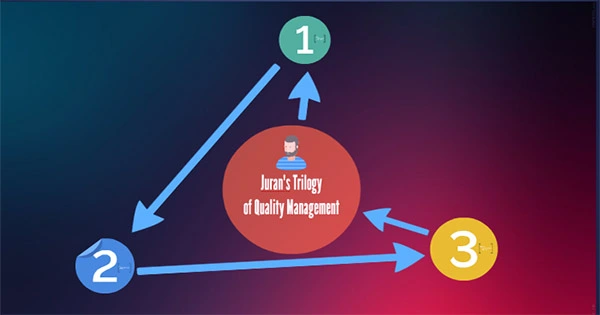We are aware that administration is a collective effort of individuals working toward a common goal. This group must be organized if it is to achieve the intended outcomes. In other words, organization is a crucial component of management. It facilitates the efficient use of people, resources, and money for the attainment of the stated goal. As a result, organization is necessary for administration. “Organization is the fundamental mechanism by which the administrative process is maintained,” said Dimock. Therefore, organization comes before every administrative action because no administrative action can be carried out without it. Whether there are any organizational principles that are always applicable is a topic of debate in organizational theory.
Span of Control: At MegaCorp, a big, international business, Terrance works as a supervisor. He is in charge of a group that puts together computer parts while working in the product division. There is a limit to how many people Terrance can effectively handle at once. On the other hand, if he manages too few, the business will not run profitably, which is expensive.
The span of control of a manager refers to the number of workers that management has direct influence over. The type of labor, its complexity, and the variable nature of the task all affect the span of control. Let’s examine a few instances.
Due of the fragility of the electronic components, like motherboards, video cards, and audio cards that must be installed, Terrance’s crew operates in a tightly controlled atmosphere. Furthermore, installation requires some time and effort. Therefore, Terrance’s area of influence is quite small.
Consider Terrance making the decision to work extra hours in the packaging division. Terrance is currently in charge of a group that is packaging Ethernet cables, which are available separately as an accessory. All the crew is doing is placing individual display items into shipping boxes for distribution to the business’ retail distributors, and the wires are rather robust.
Unity of Command: According to Henry Fayol’s Principle of Management, each subordinate in a formal organization should have a single superior to whom they answer for orders. According to this idea, dual subordination is completely disregarded, meaning that an employee will only have one supervisor to answer to, who will then report to the manager, and so on. The person immediately above the employee’s position, often known as the immediate boss, is the one to whom the employee should report.
When there is unity of command, there is less confusion and disarray regarding the task given to the employee, and duties are carried out in an efficient manner. It denotes a comprehensive set of directives that work together to carry out the command. The notion is predicated on the idea that a worker cannot carry out the directions of more than one supervisor.
















